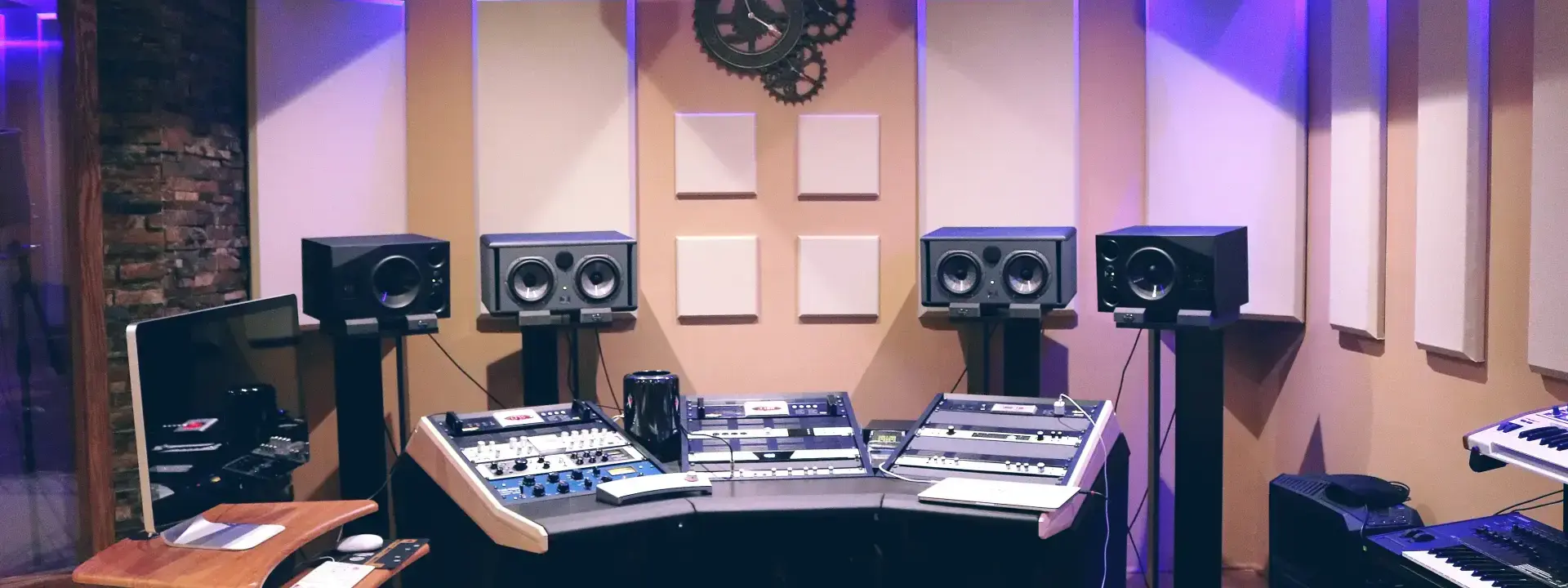
Recording Engineer Job Description
What is a Recording Engineer Professional?
A recording engineer is responsible for the overall sound of a recorded project, whether that be a song, album, film score, or other audio production. They work closely with the producer and artist to create a sonic vision for the project, and are responsible for setting up and operating the recording equipment in the studio. Recording engineers also play an important role in the post-production process, working with editors and mixers to ensure that the final product sounds exactly as it should. In essence, a recording engineer is responsible for capturing great sound. This involves everything from choosing which microphones to use and where to place them, to setting levels and EQing instruments during tracking. It also includes things like managing headphone mixes for artists in the booth, and making sure everyone is comfortable with how things are sounding.
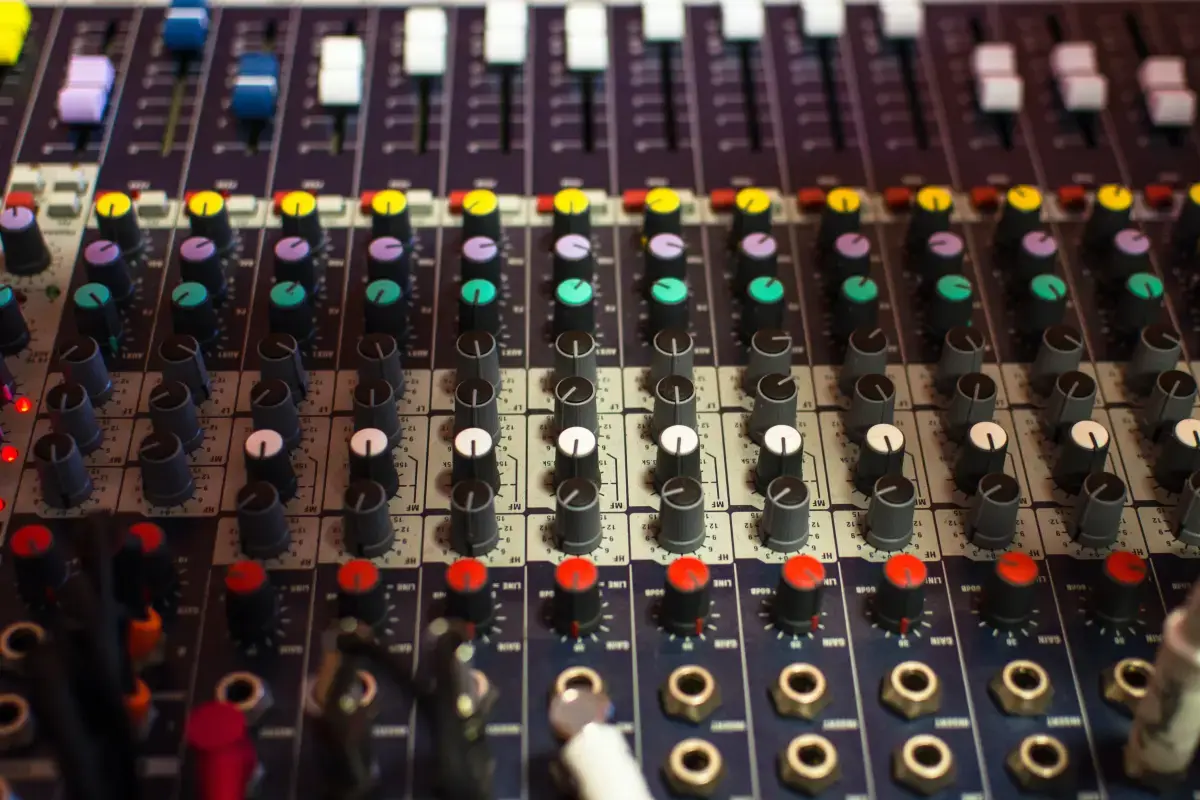
What does a Recording Engineer Expert do?
During mixing, the recording engineer will again be heavily involved in shaping the sound of the track by deciding which elements to bring forward or how much reverb to add. In short, they are integral to getting great results in any recording situation! There is no one “right” way to approach each step of the recording process – it all depends on what sound you’re going for and what will work best within your specific context. That’s why experience is so important for recording engineers; they need to have a deep understanding of both gear and techniques in order to get great results time after time. So if you’re passionate about music and audio production, and you have a good ear for detail, then a career as a recording engineer could be perfect for you!
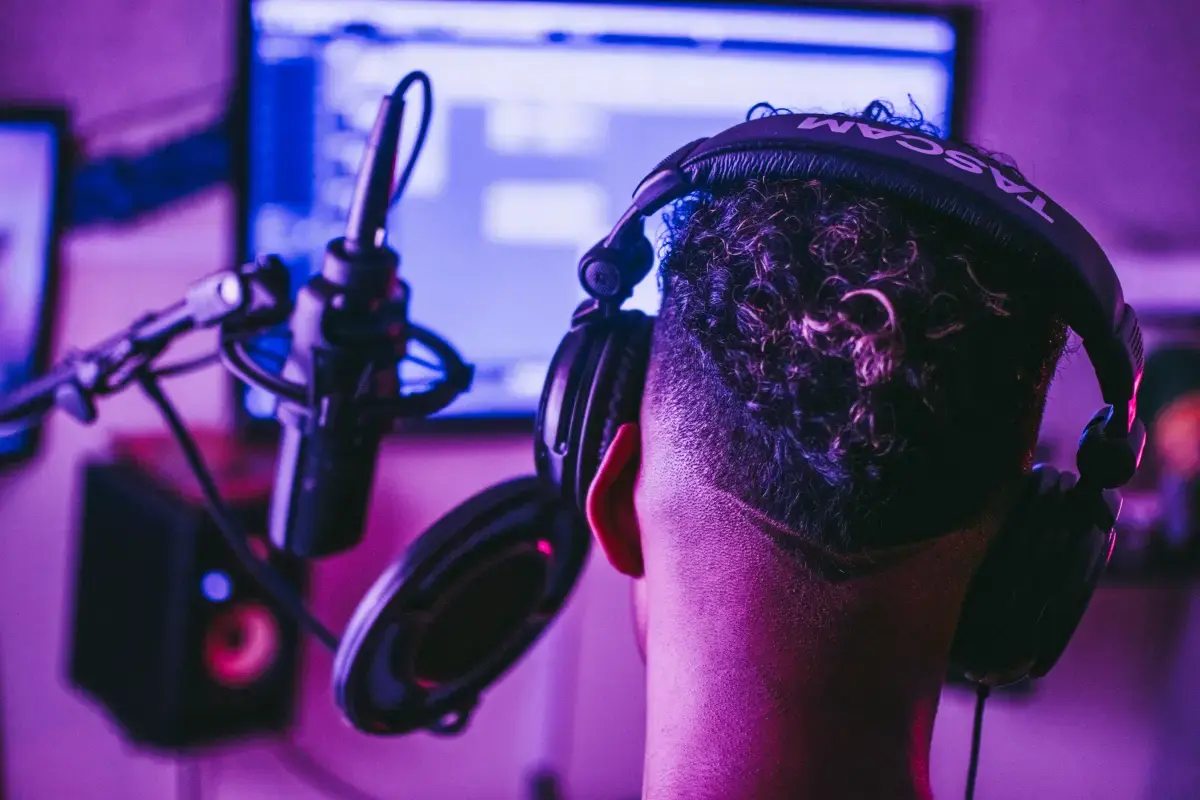
What are the Skills of a Recording Engineer?
A recording engineer is responsible for the technical aspects of the recording process. This includes setting up and operating the equipment, as well as working with the artists to get the best possible sound. The most important skill for a recording engineer is experience. A good engineer will have worked on many different types of recordings, and will know how to get the best sound out of any situation. They should also be able to troubleshoot problems quickly, and have a good understanding of acoustics. In addition to experience, a good recording engineer should also have some formal training.
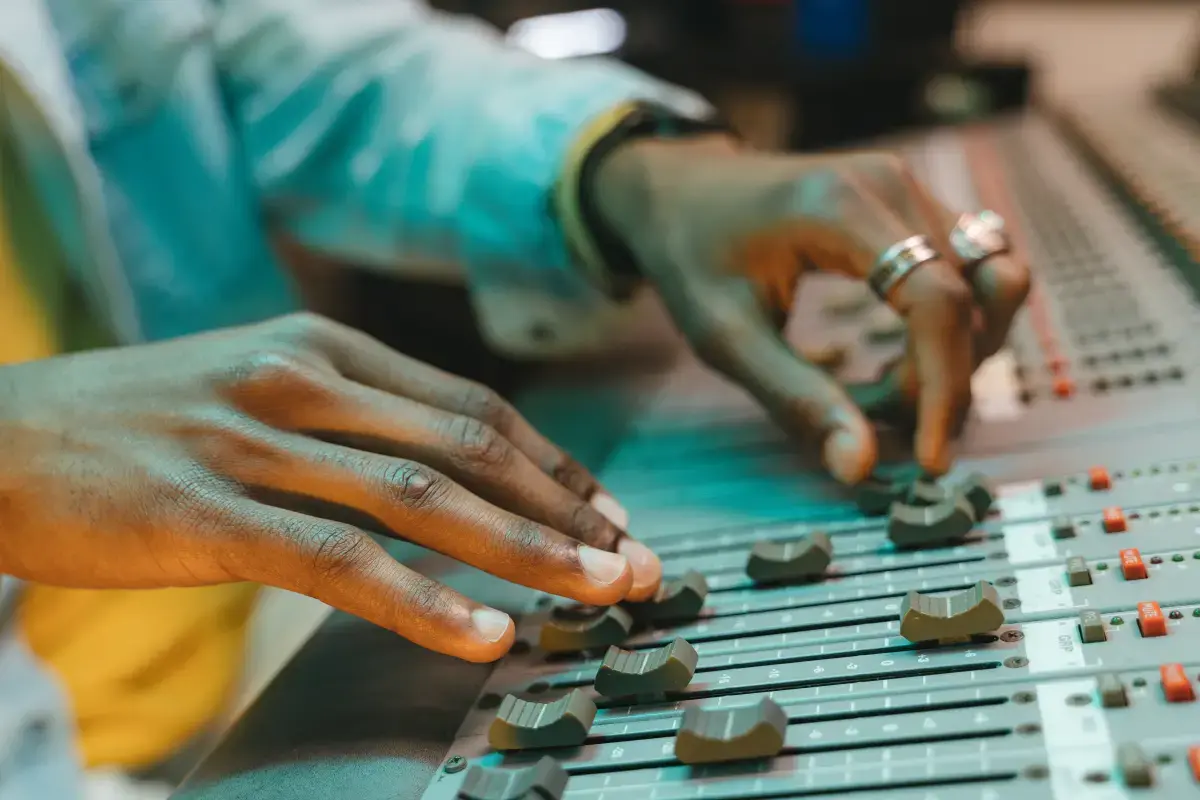
What makes an Expert Recording Engineer?
This can come from a college or university program, or from private courses. Many engineers also start out as interns or assistants, working their way up the ladder. Finally, a good recording engineer must be able to communicate well with both artists and producers. They need to be able to understand what they want, and then translate that into technical terms.

What level of Experience & Qualifications are required to be a Recording Engineer?
Industry Experience: Several years of experience in the recording industry, including working with artists and labels. Must have knowledge of a variety of recording techniques and equipment. -Training: Completion of a formal audio engineering program or apprenticeship through a professional studio. Training should also include understanding acoustics, microphone placement, signal flow, outboard gear operation and maintenance as well as digital software use such as Pro Tools. -Qualifications: Professional certification from organizations such as AES (Audio Engineering Society) or NARAS (National Academy Of Recording Arts & Sciences). Additionally may hold other certifications related to music production technology or production mixing/mastering. -Education: Bachelor’s degree in Audio Production/Engineering or related field preferred but not required depending on experience level and qualifications held.
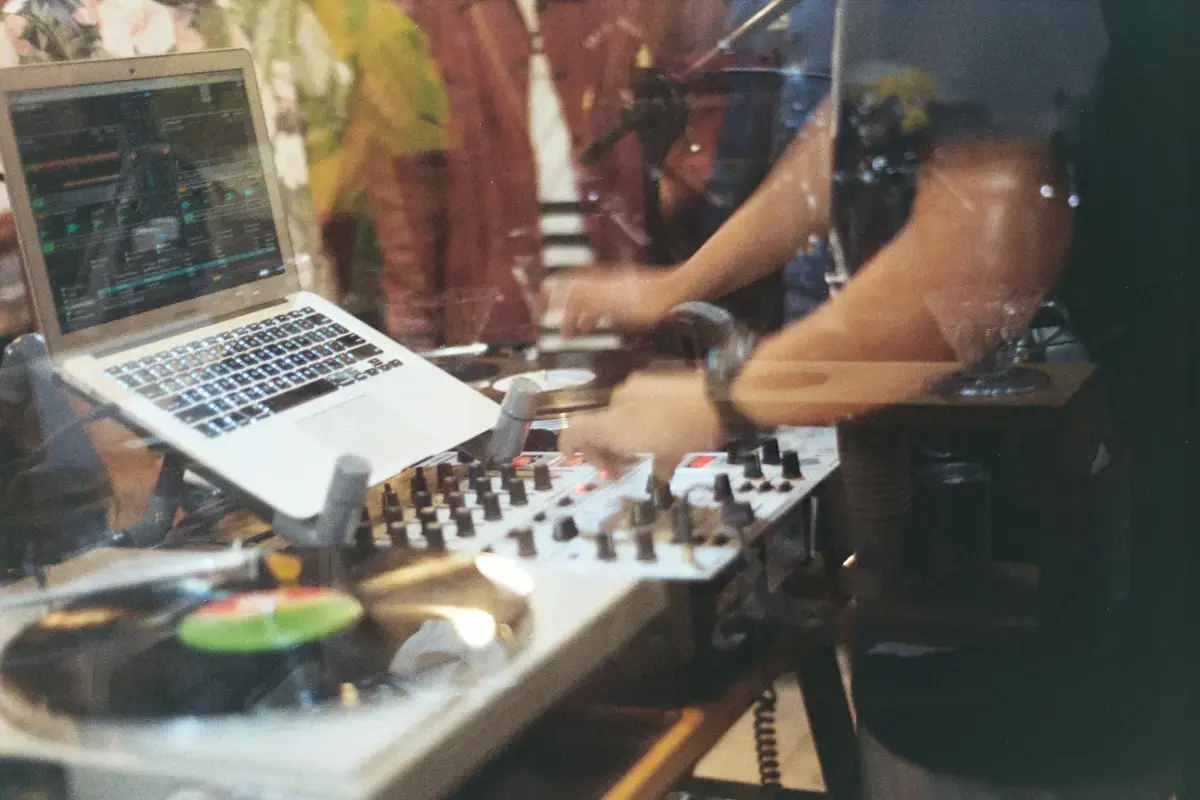
What is the Salary of a Recording Engineer?
A junior recording engineer typically makes between $25,000 and $50,000 a year. They are responsible for basic tasks such as setting up microphones, carrying out sound checks, operating equipment in the studio, and editing audio files. With experience they can move on to more advanced roles such as mixing and mastering recordings. At the mid-level of their career a recording engineer could expect an annual salary of around $60,000 - $90,000 depending on their level of expertise and how long they have been working in this field. They will be expected to handle complex technical aspects of the project while also providing creative input when needed. Senior recording engineers usually make anywhere from $100k to upwards of $150k or even higher depending on their experience and reputation within the industry. Senior engineers are often involved with all aspects of production from pre-production planning right through to post-production delivery; they must possess excellent engineering skills but also be able to collaborate effectively with other members of staff including producers and musicians alike.
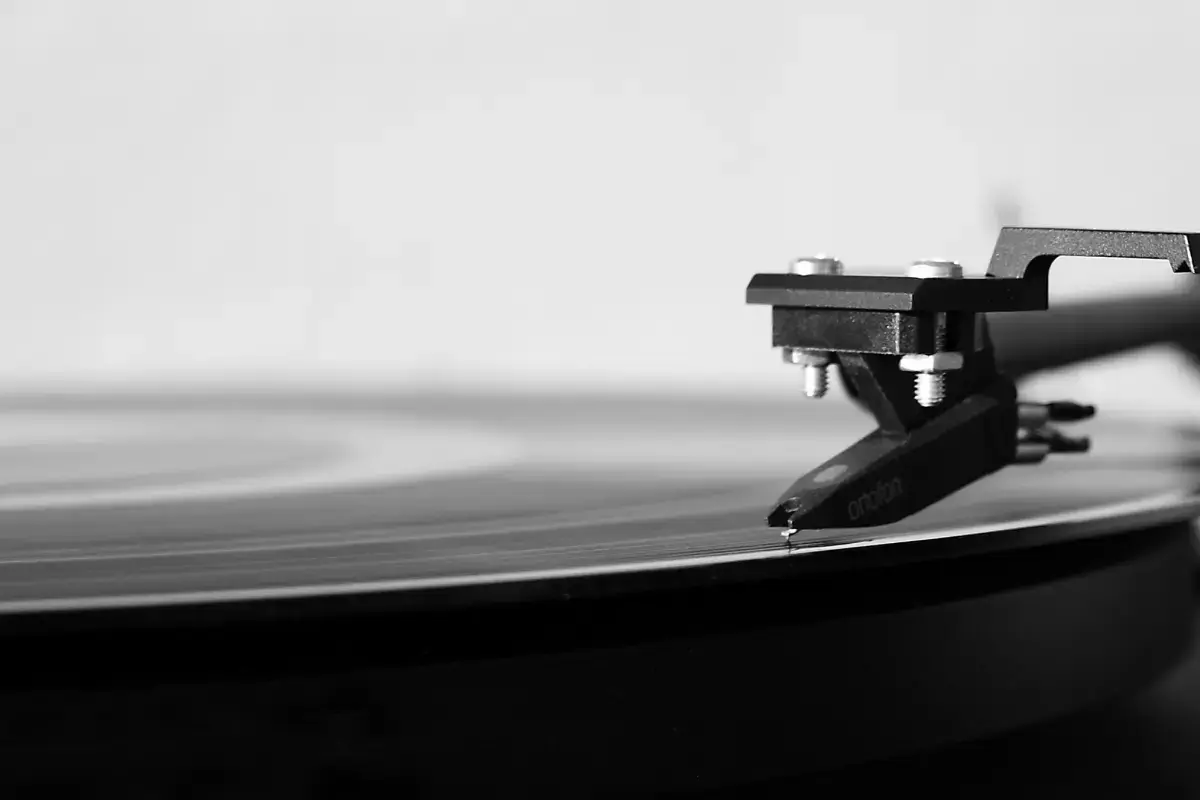
What are the Working Conditions for a Recording Engineer?
Recording engineers typically work in a studio environment, where they are responsible for setting up and operating the recording equipment. This includes microphones, soundboards, computers, monitors, amplifiers and other related audio gear. They must be able to adjust settings on these pieces of equipment to capture the desired sound or tone. In addition to technical duties, recording engineers also act as producers by offering creative input during recordings and making artistic decisions such as editing out certain sections of a song or adding effects to enhance its overall sound. It is important that they have an understanding of music theory so that they can accurately interpret what musicians are attempting to achieve with their performances. Engineers may work long hours in order to complete projects within deadlines; this often requires working evenings and weekends depending on the demands of each project. Additionally, many recording studios require their engineers to be available around-the-clock should any issues arise with the equipment or if there are changes needed during production sessions. The job also involves collaborating closely with artists and producers throughout all stages of production from pre-production through post-production mixing processes.

What are the roles and responsibilities of a Recording Engineer?
Set up and operate recording equipment
Choose and set appropriate microphones
Mix and edit recordings
Add effects to recordings
Ensure that recordings are of high quality
troubleshoot technical problems with recording equipment
work with clients to determine their recording needs
understand the acoustics of various recording environments
oversee the setup of recording studios
select music for recordings
control sound levels during recording sessions
act as a liaison between artists and producers
ensure that recording quality meets standards
operate and maintain recording equipment
keep track of time codes
edit and mix tracks
prepare final product for replication or distribution
restore and digitize recordings
create digital masters for CDs and online release
utilize skills in acoustics, electronics, computers, and psychoacoustics
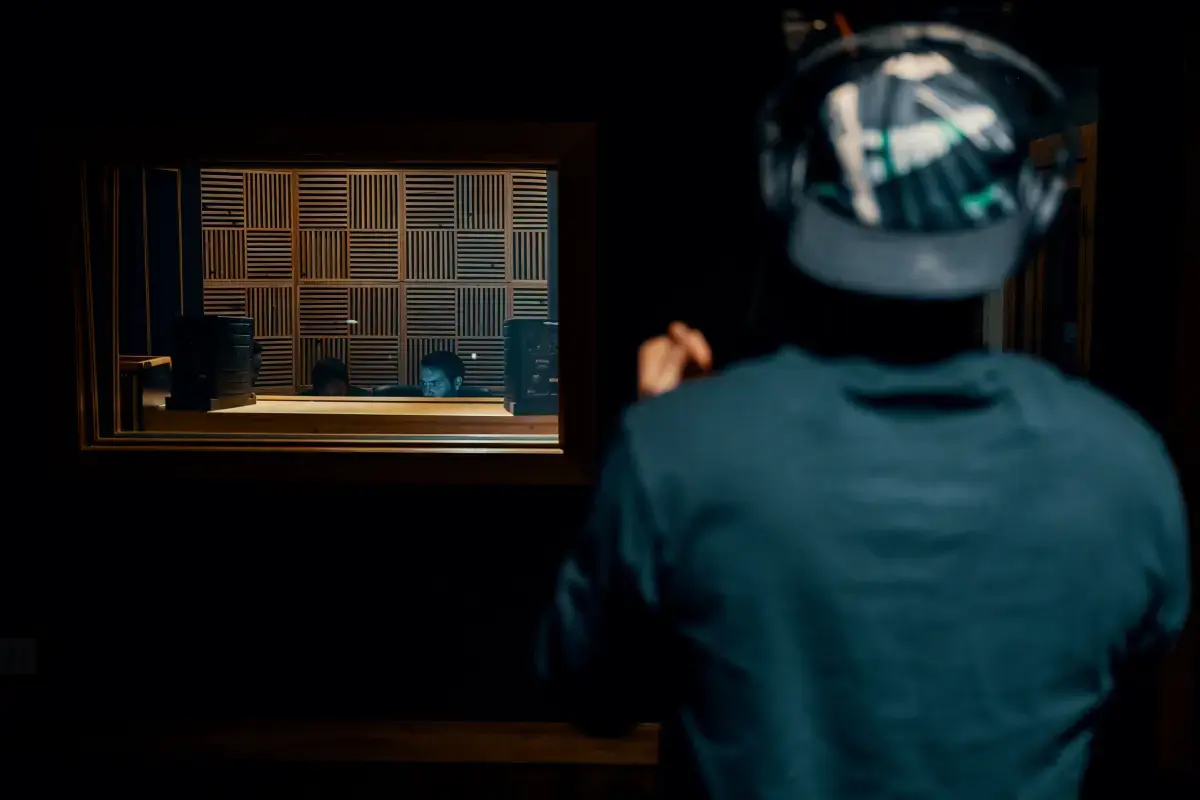
Where can I find Recording Engineer jobs?
- Create a profile on gigexchange and promote your Recording Engineer skills to advertise you are Open to New Work Opportunities
- Ensure your Resume (or CV), or online work profile is up to date and represents your skills and experience. Ensure your reputation reflects your ability & attitude.
- Apply for Recording Engineer Jobs advertised on gigexchange.
- Practise Recording Engineer interview techniques to ensure you represent your personality and ability succinctly and confidently.
- Accept the job offer if the salary meets your expectations and the employer mission and purpose reflects your core values.
Jobs
What are the best job boards for Recording Technician jobs?

How can I hire Recording Engineer staff online for my business?
The best job board for recruiting Recording Engineer experts is gigexchange.com. Advertise full-time, part-time or contract jobs to find, hire & recruit trusted, experienced and talented Recording Engineer candidates near you.
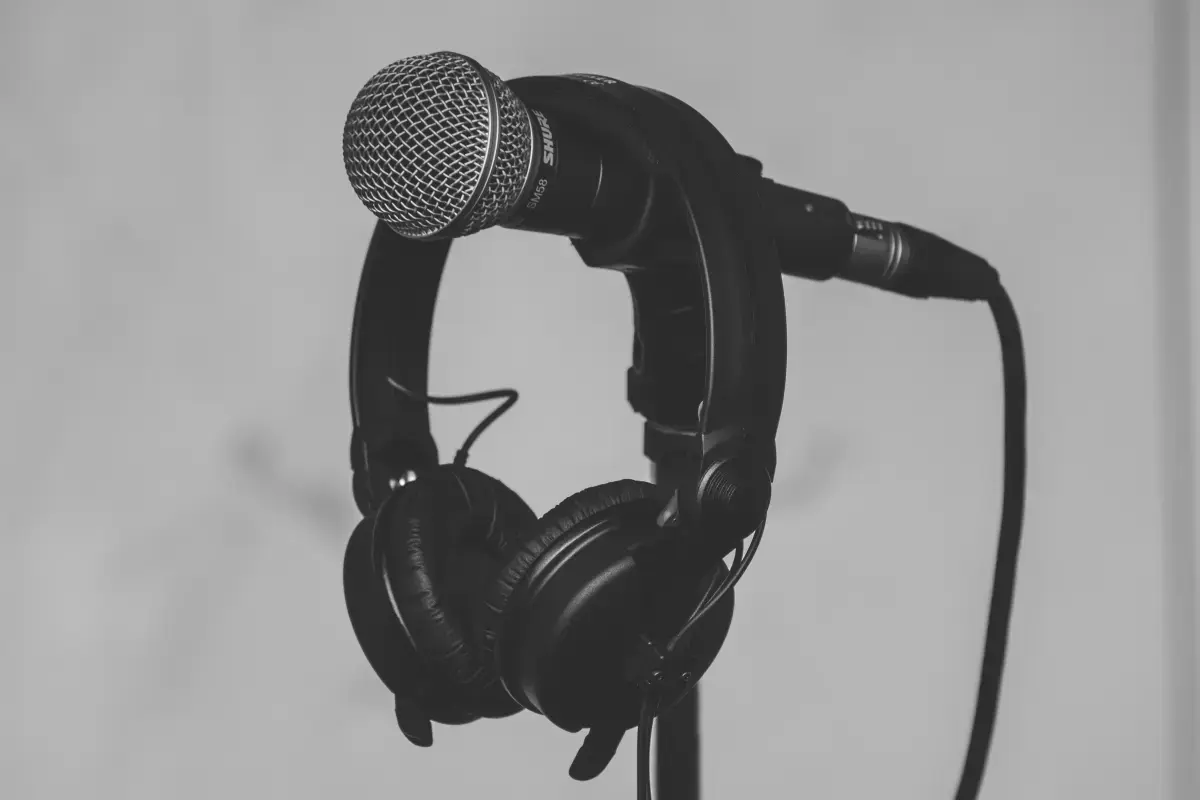
Are Recording Engineer roles in demand in 2026?
Recording Engineer experts are still in high demand in 2026. If you are an experienced Recording Engineer or looking to train and become one. The job market is looking strong for Recording Engineer jobs near me.